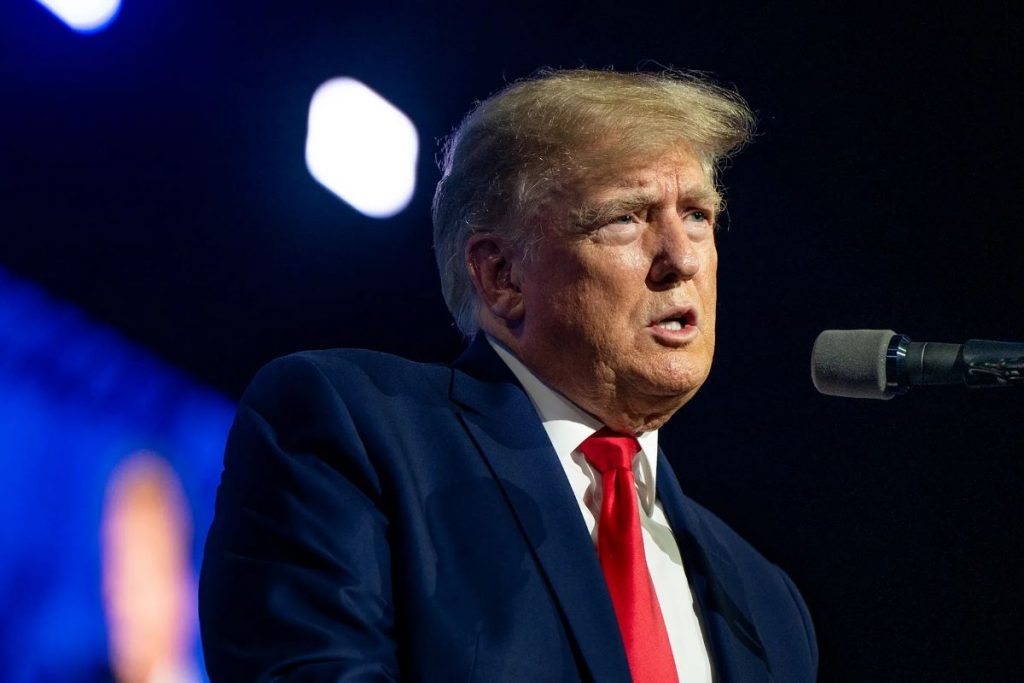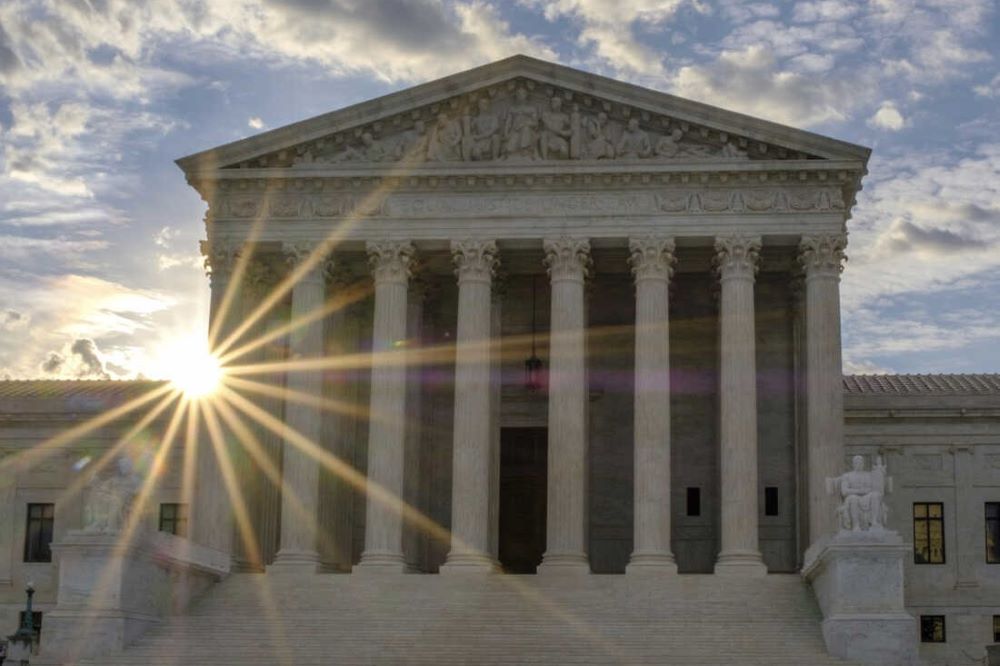Several cornerstone initiatives of the Biden administration, including efforts to curb power-plant pollution and restore net neutrality, now stand on unstable legal ground. This follows a Supreme Court decision on Friday that reallocated significant regulatory authority away from federal agencies.
The Chevron Doctrine Rejected
In a pivotal 6-3 ruling authored by Chief Justice John Roberts, the court abandoned the Chevron deference doctrine. This long-established legal principle had supported federal agencies in defending their regulations when challenged by industry groups.
Created in a 1984 case, Chevron deference advised courts to defer to agencies’ interpretations of ambiguous laws, provided those interpretations were reasonable. Roberts, however, deemed this approach “fundamentally flawed.” He instructed lower courts to “exercise their independent judgment” when evaluating whether an agency has acted within its statutory bounds.
“This ruling could profoundly alter the regulatory framework in the U.S.,” said Leah Malone, a lawyer at Simpson Thacher & Bartlett. “It could significantly restrict U.S. agencies in their efforts to establish new regulations.”
Impact on Net Neutrality
The elimination of Chevron deference casts doubt on the Federal Communications Commission’s (FCC) ability to reinstate net neutrality. This policy is designed to prevent internet service providers from prioritizing specific types of online traffic.
Net neutrality rules, implemented under the Obama administration, were repealed during the Trump era. However, in April, the Biden administration announced plans to revive these regulations. To do this, the FCC reclassified internet providers as public utilities under the Communications Act.
Several ongoing court cases challenge the FCC’s interpretation of this 1934 law. Without Chevron deference, these cases pose a greater threat to the FCC’s efforts. Geoffrey Manne, president of the International Center for Law and Economics, noted. “Chevron’s favor towards agency interpretations was vital for their success.” Without it, their legal stance is considerably weakened.”

Trump Approves Increase in Permanent Residency Permits
When Steve Bannon expresses disapproval towards Donald Trump, it often signals that the former President is making a decision that warrants attention.
Challenges for FTC’s Ban on Noncompete Agreements
The Federal Trade Commission (FTC) might also struggle to defend its ambitious prohibition on noncompete agreements, set to take effect in September. This rule aims to prevent employers from restricting employees from joining rival companies.
Questions linger about whether the FTC Act of 1914, which established the agency, grants it the authority to issue such comprehensive competition rules. Historically, the FTC had not asserted that Congress endowed it with such extensive powers.
“The Supreme Court decision to overturn Chevron increases the likelihood that courts may limit the FTC’s recent efforts. Ryan Quillian, a former FTC attorney now with Covington & Burling, stated this, emphasizing that it could curtail the FTC’s authority to regulate and take action against ‘unfair methods of competition.’”
Clean Energy Initiatives in Limbo
The Supreme Court decision also complicates the Environmental Protection Agency’s (EPA) ongoing attempts to reduce emissions from coal-powered plants.
In 2022, the Supreme Court invalidated an EPA plan to cap power-plant emissions, ruling that the agency lacked the authority to mandate a nationwide transition to clean energy. Nonetheless, the EPA introduced new rules in April—dubbed the Clean Power Plan 2.0. These rules target emission reductions at individual plants, and the agency asserts that this approach is legally sound.
However, Michael Drysdale, an environmental lawyer at Dorsey & Whitney, cautioned that the absence of Chevron deference makes the EPA’s new plan more vulnerable. “The plan was already expected to face significant legal hurdles, given its contentious history,” Drysdale said. “Today’s ruling only adds to its challenges.”
Biden Administration’s Response
Following the ruling, White House press secretary Karine Jean-Pierre accused the court of prioritizing special interests over ordinary Americans. She affirmed that the administration’s legal team would review the decision to ensure that the government continues to use its expertise to protect Americans and support thriving communities.
The Biden administration grapples with this setback, highlighting the uncertain future of several key policies. The Supreme Court decision underscores its far-reaching impact on the U.S. regulatory landscape.
Subscribe to Barron’s and The Wall Street Journal for revolutionary perspectives and efficient, tailored support. Enhance your financial certainty with steadfast direction, diverse viewpoints, and innovative concepts, ensuring you maintain a competitive edge in the ever-evolving realm of global finance. Embark on a journey where ease meets comprehensive reporting.

